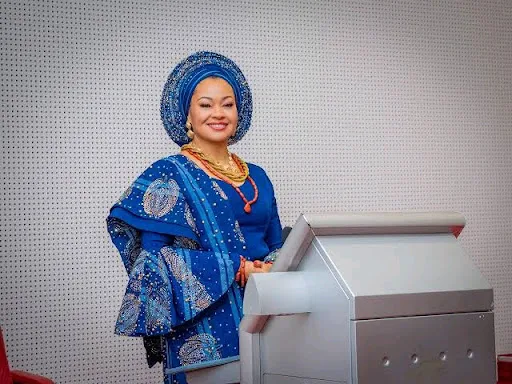The Senator, the Police, and the Silenced Homecoming
The night before the storm, the streets of Kogi Central whispered with anticipation. Banners were ready, voices eager, hearts aflame with the promise of a long-awaited homecoming. Senator Natasha Akpoti-Uduaghan, the people's voice, the beacon of defiance, was returning to meet those who had stood by her, fought for her, and sent her to the halls of power.
But power, it seemed, had other plans.
At the eleventh hour, a decree fell like a blade through the night. A sudden ban. No rallies, no gatherings. No homecoming. The government of Kogi State, led by an APC governor with ties as thick as blood to a political adversary, had spoken. And the police? They stood, not as guardians of the law, but as enforcers of silence.
Whispers turned to murmurs, murmurs to outrage. HURIWA, the ever-watchful human rights group, saw through the smoke and mirrors. “This,” they declared, “is not law. This is suppression draped in the robes of authority.”
The police cited an “intelligence report.” Hoodlums, they said, lurked in the shadows, waiting to turn celebration into chaos. But where was this report? Who were these faceless threats? Or was this merely another chapter in the age-old script—where the uniform serves the throne, and not the people?
Natasha’s supporters did not scatter. They did not fade. They stood, fists clenched, voices rising. “Is our democracy so fragile,” they asked, “that a homecoming threatens the state?”
And in the midst of the uproar, a single question thundered across the land—Who truly commands the police, the Constitution or the Crown?
The story unfolds. The people watch. The battle for democracy, once again, is at the gates.








0 Comments